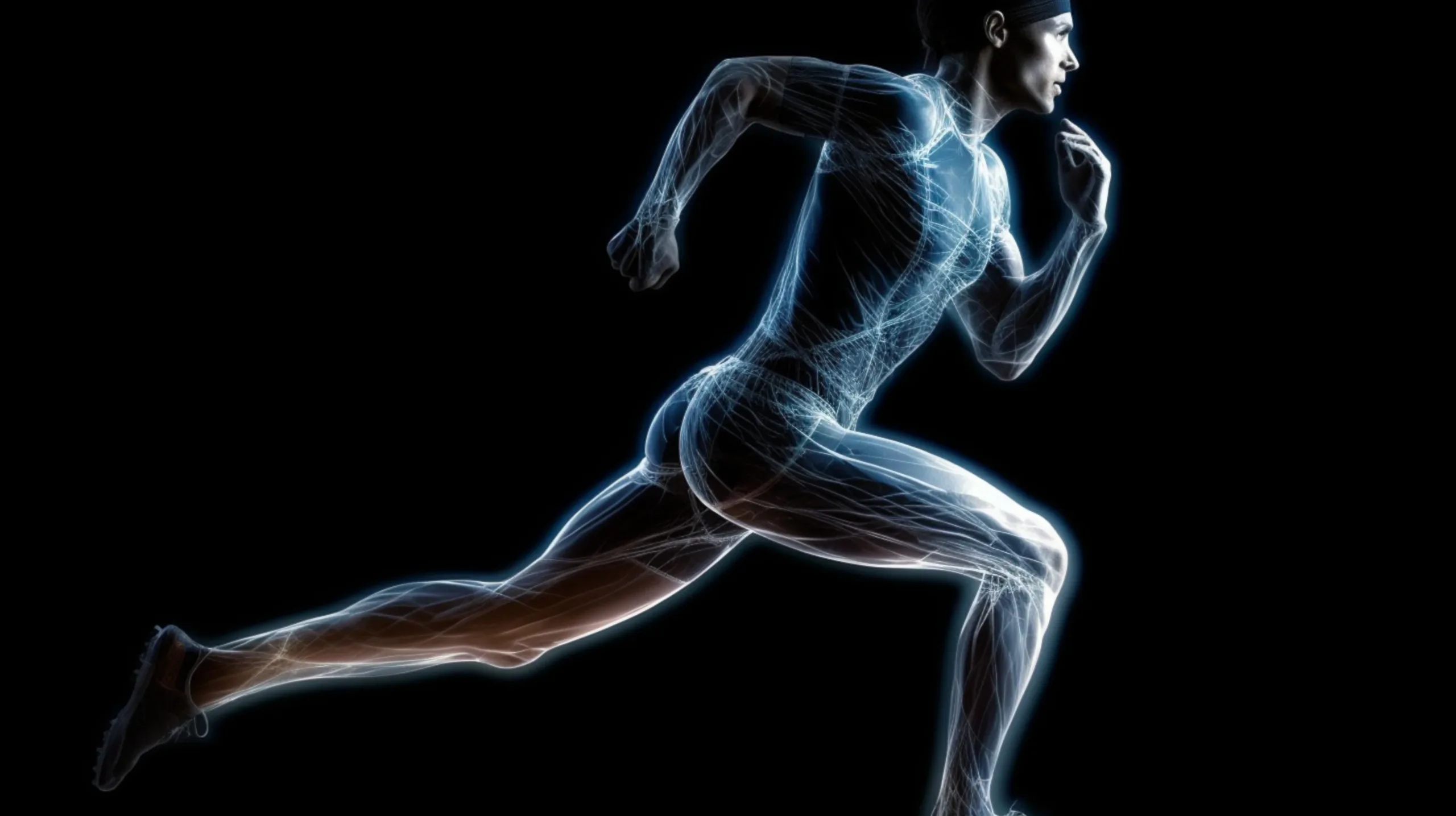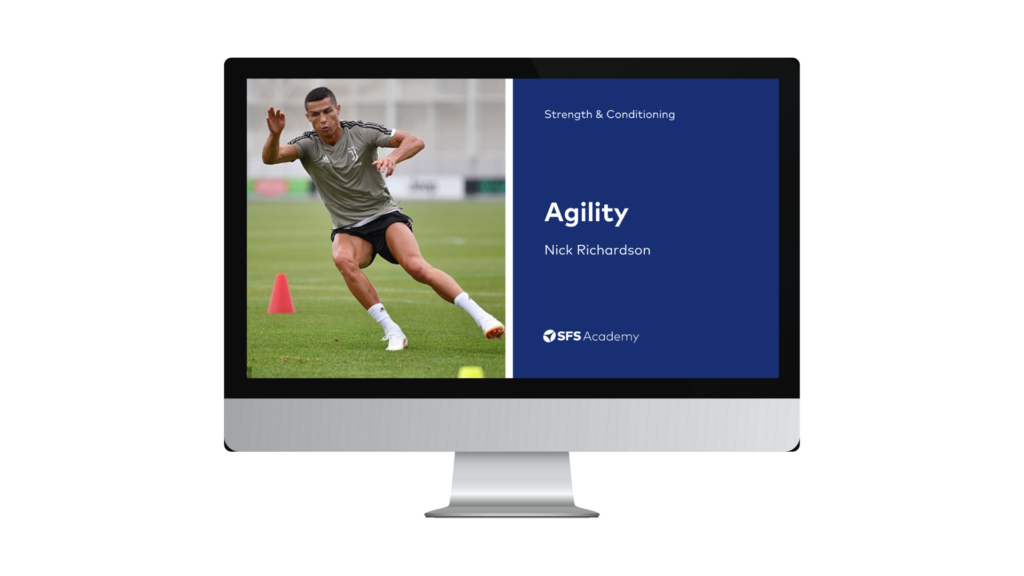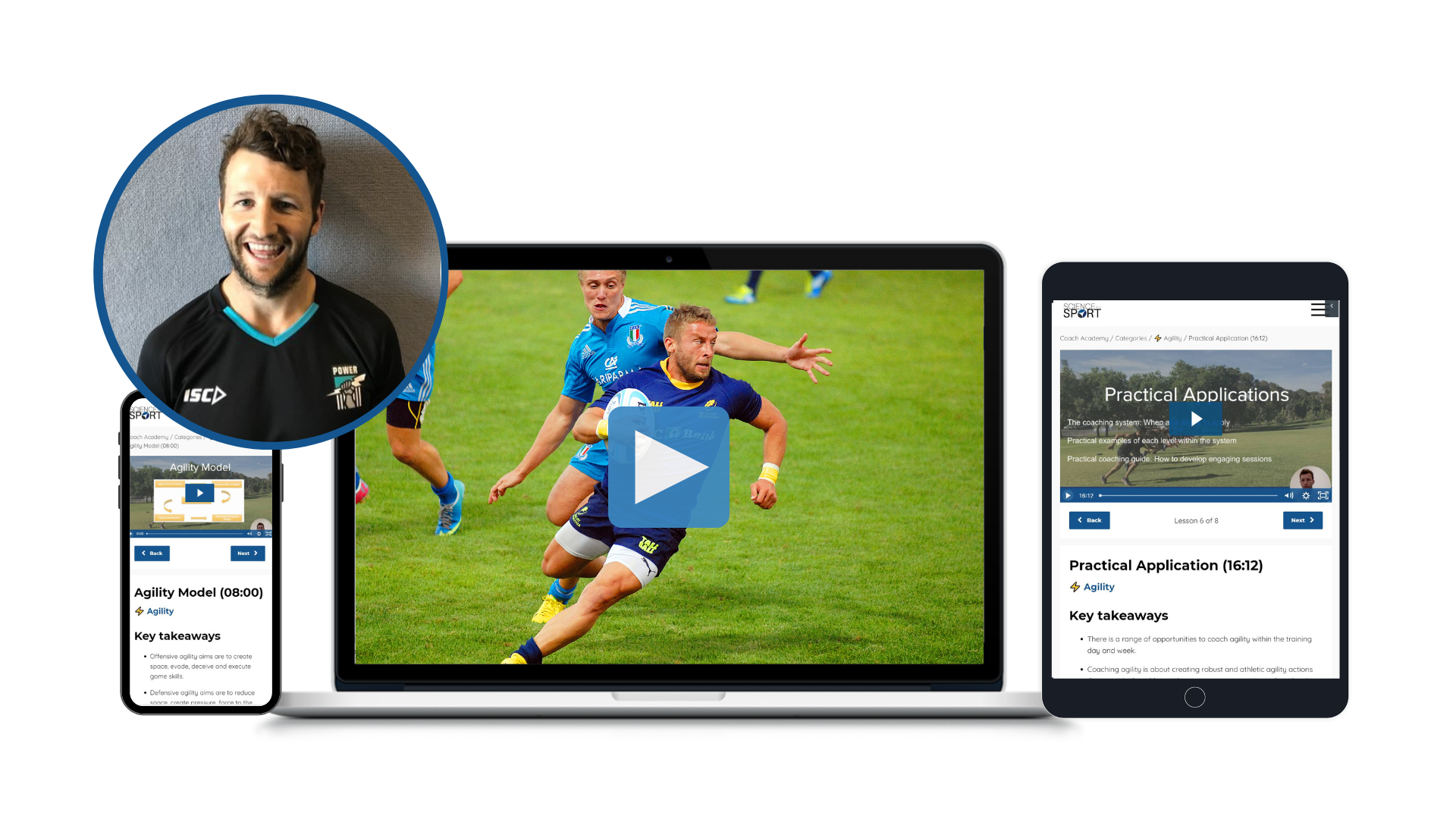Contents
- Summary
- What is Exercise Science?
- What Jobs can you expect to get with an Exercise Science degree?
- What does an Exercise Scientist do?
- Is Exercise Science a growing industry?
- What is the difference between a Sports Scientist and an Exercise Scientist?
- What is the difference between a Physiotherapist and an Exercise Scientist?
- Best Universities to study Exercise Science in the World?
- Conclusion
Summary
Exercise science is a popular subject to study at college or university. It can lead to numerous career paths depending on your areas of interest. Is exercise science the right degree for you? If you aren’t sure, no problem! This article gives further insight into what exercise science is as well as relevant career information to help you decide.
What is Exercise Science?
When it comes to your health and physical longevity, exercise is the most important aspect. Benefits of exercise include improved bone mineral density and muscle strength, reduced risk of cardiovascular diseases, improved brain health, improved immune response, and weight management to name a few. Exercise science is a sub-field of kinesiology which is essentially the gross study of human movement and athletics in everyday life. Exercise science focuses on how the human body responds and adapts to exercise and the mechanisms that are at play.
While there are multiple layers to this, it is the science behind movement and how movement pertains to fitness, exercise, and overall health. It utilises a scientific approach to how the human body interacts to help clients live healthier lives. Current coursework within this degree includes areas of anatomy, biomechanics, sports psychology, motor development, nutrition, and exercise physiology. These courses build upon one another and are integrated to impact the health and fitness space (1).
What modules will you take towards an Exercise Science Degree?
As students progress within the Exercise Science degree, they take a variety of modules geared towards the body and body systems along with additional courses that you can apply. Some of these include anatomy and physiology, biology, chemistry, and physics. These science modules will lay the foundation for understanding the complexity of the human body and how it functions. Additional modules outside of the basic sciences geared towards the exercise science degree may include kinesiology courses like biomechanics, exercise physiology, as well as strength and conditioning. Undergraduates are also required to learn about ethics, research methods, and data science.
Undergraduates often undertake a placement as part of their degree requirements. Positions can range from working with elite sports teams to placements within a medical facility to working as a research assistant. Undergraduates will be encouraged to find a position within their field of interest and often placement can lead to an offer of internship or employment with the placement provider. Placements can also be useful to rule out areas that undergraduates are interested in but may be unsure of suitability.
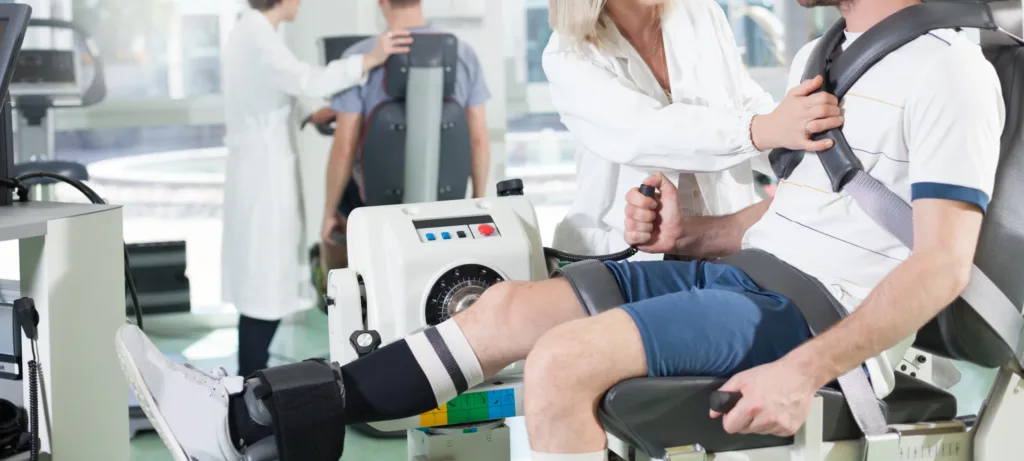
What jobs can you expect to get with an Exercise Science Degree?
The field of exercise science involves the application of elements of kinesiology as well as physiology to develop exercise programs to improve individuals’ health and fitness. This can be done through careers in fitness facilities as well as medical and research opportunities
Exercise scientist is a broad term used to describe individuals working across many sectors with an undergraduate degree in related fields. As such, depending on specialty, salaries vary quite substantially. In the UK, salaries range from £20,000 to £60,000 (3); in the US the median salary for an exercise scientist is $51,350 (6); and in Australia, the salary for an exercise scientist is between $47, 525 and $75,873 (4).
Fitness Facilities
Graduates from an accredited exercise science program undergo the qualifications to prepare for careers in various health and fitness facilities. Personal titles within these facilities may include but are not limited to personal trainer, strength and conditioning coach, wellness coach, group fitness instructor, and exercise physiologist where each facility may specialise in a different client demographic.
Medical Opportunities
An exercise science degree can also be used as a stepping stone for an advanced degree (Master’s or Doctorate) for those interested in obtaining jobs in healthcare or research. After obtaining an advanced degree, some careers in healthcare may require an additional licensing exam to practice in the area of speciality. Some of these careers include physiotherapist, physician assistant, physiotherapy assistant, and occupational therapist. In the UK, those with a Master’s or Doctorate can apply for positions within the National Health Service (NHS) which usually require additional training to meet the stringent NHS standards of practice.
Additional Opportunities
Exercise science is a broad category that encompasses a multitude of career opportunities. As a result, one may pursue additional paths using an exercise science degree with titles such as exercise physiologist, sports physiologist, cardiac rehabilitation specialist, and nutrition and exercise specialist to name a few. Depending on individual interests and skill sets, it is possible to pursue careers in medical sciences including biomedical research, cardiology, respiratory physiology, oncology, and gerontology amongst others.
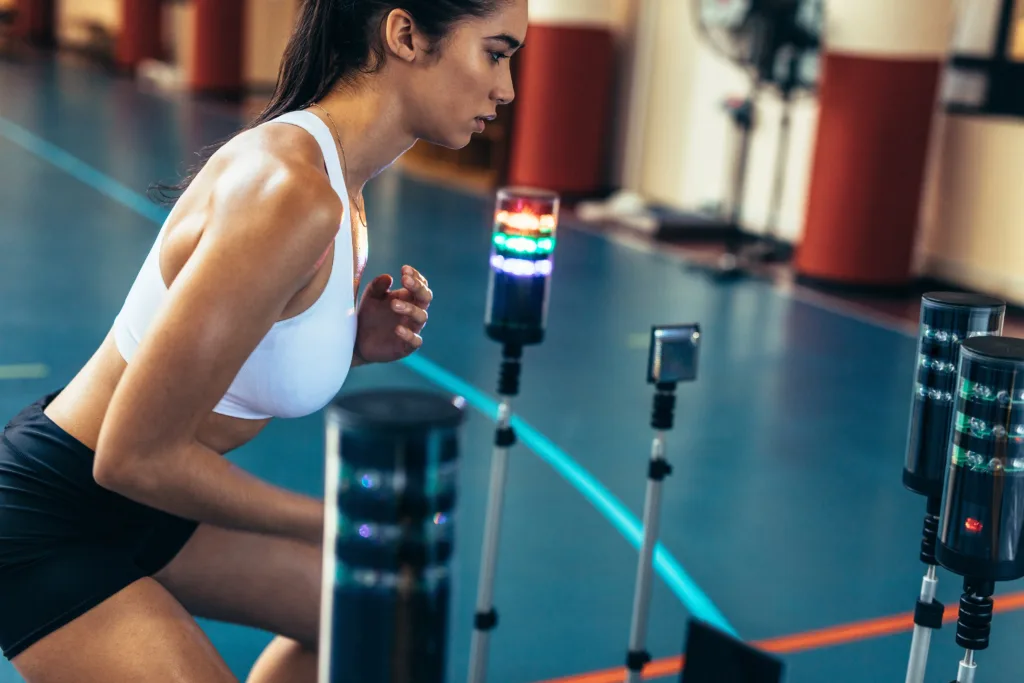
What does an Exercise Scientist do?
An exercise scientist helps people improve their fitness, sporting performance and general health. They use a combination of biomechanics, physiology, psychology and performance to obtain a needs analysis to develop an appropriate program for a client. (5). Exercise scientists can work in numerous settings including hospitals, fitness/corporate centres, collegiate and professional sports teams as well as conducting research in universities. They can work together as part of a multidisciplinary team helping to improve fitness and performance alongside S&C coaches, sports therapists, physiotherapists, psychologists, nutritionists, and neurologists.
Is Exercise Science a growing industry?
In the US, according to the Bureau of Labor Statistics, exercise science and the careers related to this field are growing. A growth of 13% in employment opportunities for exercise science will be seen from 2016-2026. For example, employment opportunities for exercise physiologists are expected to grow by 9% from 2021 to 2031 in the US (6). In Australia, physical sciences careers are expected to grow by 3.5% from 2021-2026 (7). As for the UK, employment in sport and exercise science roles is expected to rise by 2.3% from 2022 to 2027 (8). One of the best ways to decide if this degree is for you is to gain experience in many careers that an exercise science degree can offer. This can be done through volunteering or with an internship opportunity.
What is the difference between a Sports Scientist and an Exercise Scientist?
A sports scientist and an exercise scientist sound very similar although there is a difference between the two. Exercise scientists work with individuals to increase fitness and overall health using exercise or training, whereas sports scientists work to understand and improve sport performance.
What is the difference between a Physiotherapist and an Exercise Scientist?
A physiotherapist is a clinician who helps clients rehabilitate after injury. This includes hands-on techniques coupled with therapeutic exercise to reduce pain and improve overall function. To become a physiotherapist, education requirements include a bachelor’s degree in exercise science or sports therapy or completing additional modules mostly focused on the sciences. Following that, graduate school requires either two ( typically outside of the U.S.) to three years ( typically in the U.S.) before taking a licensure exam which is needed to practice.
As mentioned earlier, an exercise scientist uses exercise or training to understand physiological changes within the human body. An exercise scientist can obtain a job after a bachelor’s degree at university. Typically graduate school is not required, however, there are options for advanced degrees within exercise science that may help separate graduates from other applicants for a specific role.
Best Universities to study Exercise Science in the world?
Exercise science can be studied from anywhere around the world both remotely and in person. Here is a breakdown of the top 10 global ranking of universities to study Exercise Science (10);
- Deakin University (Australia)
- Norwegian School of Sport Sciences (Norway)
- University of Copenhagen (Denmark)
- Verona University (Italy)
- Vrije Universiteit Amsterdam (Netherlands)
- Loughborough University (UK)
- Victoria University (Australia)
- Norwegian University of Science and Technology (Norway)
- University of Southern Denmark (Denmark)
- Curtin University (Australia)
However, table rankings should be used in conjunction with other factors such as locality, tuition fees, living costs, and faculty expertise. Unless specialising at Master’s or Doctorate level, attaining a first-class bachelor’s degree at any university will be weighed on merit alongside extracurricular activity and additional accreditations. Work experience will greatly enhance any prospects as this demonstrates the ability to go above and beyond the minimum required to achieve a degree.
Conclusion
Exercise science is the study of human movement as it pertains to exercise, fitness and health. A degree in exercise science can lead to a multitude of careers depending on where your interests lie. These include but are not limited to personal training, wellness coaching, corporate fitness or using the degree as a stepping stone to an advanced degree in the medical field such as physiotherapy, occupational therapy, or biomedical research. The trajectory for employment for careers utilising an exercise science degree shows promise with a rise in growth. Exercise science can be studied at most universities around the world with options both in person and online.
- Coursa. (2023). ‘Exercise Science: Definition, Degrees and Jobs.’ [Link]
- WA Department of Training and Workforce Development. (2023). ‘Exercise Scientist.’ Jobs and Skills WA, Department of Training and Workforce Development. [Link]
- Prosects. (2023). ‘Exercise Physiologist’. [Link]
- Salary Expert. (2023). ‘Exercise Scientist’. [Link]
- WA Department of Training and Workforce Development. (2023). ‘Exercise Scientist.’ Jobs and Skills WA, Department of Training and Workforce Development. [Link]
- U.S. Bureau of Labor Statistics. (2023). ‘Exercise Physiologists.’ [Link]
- Labour Market Insights. (2021). ‘Other Natural and Physical Science Professionals’. [Link]
- Planit. (2023) ‘Job Profiles: Sport and Exercise Scientist’. [Link]
- JMU. (2023). ‘What Is Exercise Science ~ Kinesiology ~ Exercise Science’. [Link]
- “2022 Global Ranking of Sport Science Schools and Departments.” ShanghaiRanking’s Global Ranking of Sport Science Schools and Departments. [Link]
